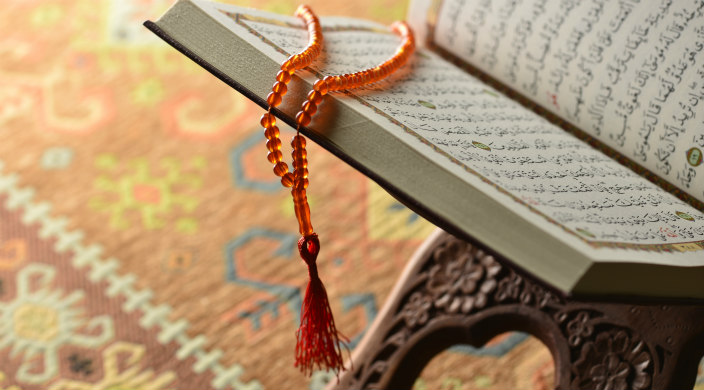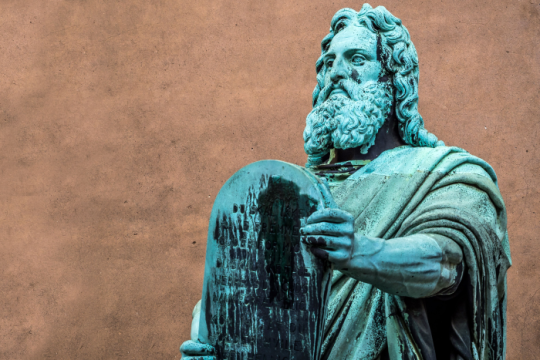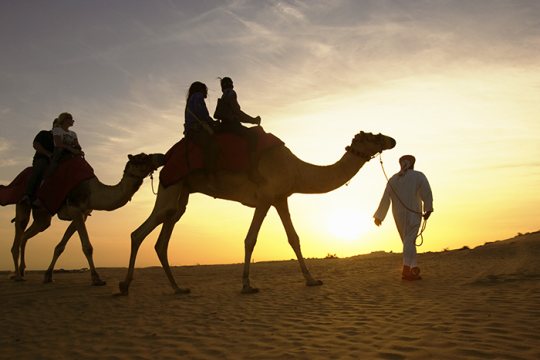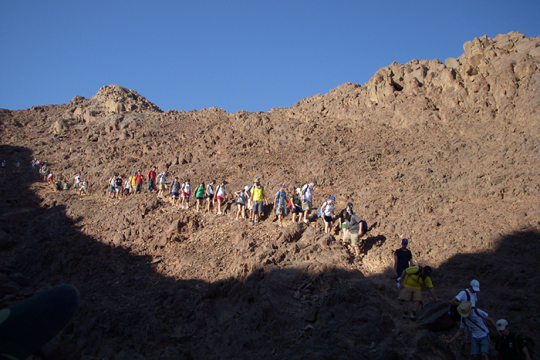
Around this time last year, a small publisher in the United Kingdom asked me to review The 99 Names of God: An Illustrated Guide for Young and Old, a primer for children, families, and teachers about the different ways God is referred to in the Koran.
The Koran, you ask? You must mean the Torah.
Alas, my friend, I mean the Koran.
The illustrated guide is designed to be an engaging educational resource – and who better to learn about the Koran than one who has never read it? I always find interfaith encounters provide myriad ways to evaluate and deepen my own faith and reading this book was no exception.
As I read, I found myself consistently drawn to al-Quddus – the Holy. As a dedicated student of religion and interfaith understanding, I am endlessly curious about how religious ideas can reflect, or allude to, larger human truths that transcend individual faith traditions. Holiness is one such idea. In Islam, al-Quddus represents the elements of God that are pure, awe-inspiring, and worthy of emulating. This holiness is seen as a blanket of fresh snow that returns the world to a state of beauty and peace and wholesomeness, reflecting the best of life on Earth. In Judaism, we have a similar concept of holiness.
In Leviticus 18-19 (which we read this week), God gives the Israelites (through Moses) the Holiness Code. This code, called K’doshim, charges the Israelites to be a holy community in God’s image. To answer this charge, they are instructed in ways to live righteously – including, amongst other things, caring for the poor, respecting the disabled, and loving thy neighbor. Holiness is reflected in actions that create a peaceful, supportive, wholesome society in which all are cared for and treated with respect.
In both traditions, the holiness of God provides humanity something to strive for, an example of perfection that, although it can never be achieved, must nonetheless be sought. Holiness represents the ideal way for human beings to interact, not just with God but also with each other – love, respect, and purity of intention.
Of course, there are significant differences between Judaism and Islam that should not be reduced or understated. However, in a very meaningful way, both traditions strive to honor and reflect al-Quddus, the holiness of God – and in doing so, demonstrate they are worthy of God’s love and blessings. This connection with the divine compels Muslims and Jews to act deliberately and with integrity, to form holy communities that lead members toward righteousness. This concept, however, feels bigger than either Islam or Judaism. It speaks to the human need to belong, and to belong to a community that offers support and encouragement, constantly pushing us to strive for more – more understanding, more connection, more opportunities to do good, and so on.
I was deeply heartened and encouraged by this book, if for no other reason than it offered me 99 new ways to seek out and grapple with larger truths and my own Judaism. It introduced a profoundly personal side of the Koran that is rarely discussed in Western media, and in doing so, allows anyone who approaches the text with an open heart to find themselves in its pages. There is holiness in that, too.
As we read and reflect on the Holiness Code this week, I encourage all to find ways to manifest al-Quddus in their own lives and communities.
This post is adapted from a review of The 99 Names of God: An Illustrated Guide for Young and Old, which originally appeared on the website of Chickpea Press.



